Page 1

The V15 was launched by Bajaj at a time when the mass market motorcycle segment was crowded with boring bikes. Their design approach hasn’t changed much in the last few years, neither has the aspirational value nor does it turns heads. And the lack of all these aspects led to the creation of the Bajaj V15 and I’m glad it did. The Indian buyers got freedom from the same old ‘me too’ bikes the companies have been giving us. But interestingly, Bajaj has given something that’s more than just a bike. Call it a brilliant marketing move or maybe it is the best product placement we’ve seen in the Indian two-wheeler business. But whether you like it or not, it has worked for Bajaj, V15 buyers, the Indian Navy and also for some of us who fail to appreciate and respect our country’s history.
Made from the metal of INS Vikrant – India’s first aircraft carrier, the V15 has succeeded in making us think more of India’s past wars, especially the 1971 war with Pakistan. And it’s a good thing. Think of the Navy personnel who spent their life inside this ship, and then see the ship being scrapped because the Indian courts thought that the INS Vikrant isn’t safe even for a museum. Some of us would say that the V15 was an example of patriotic marketing, well, it definitely is. But these same efforts have helped the Navy men own something that they thought had been lost. It brought back smiles and memories of a glorious past for the serving Naval officers - a wonderful tribute from Bajaj, no doubt. And there is us, the customers, who get to own a good looking motorcycle at a competitive price and also ride it with pride.
On the occasion of our 70th Independence Day, we bring you the pictures of the making of the Bajaj V15. Manufactured and assembled in Bajaj’s plant in Waluj, the V15 is assembled by the same men who once upon a time used to work on the famous Chetak scooters. There are other couple of things you should know about this plant. A couple of engine parts like the crankshaft are made within the factory. Rest of the components are made by its vendors and then transported to this plant, where the final assembly happens.

This is how the start of the V15 assembly line looks like. The frames come in batches and are then lifted to the assembly line.

Each bike comes with its own shopping bucket. All these parts are mounted on the bike one by one as the line moves ahead.

The place where a worker readies the bucket with all the Bajaj V15 components. The trays are positioned in such a way that it’s easy to pick the parts in time and efficiently.

Wheels are the first ones to be assembled on the bike in the rear to front format. This format is applicable to all Bajaj bikes.

The 150cc single-cylinder engine being mounted onto the Bajaj V15. Workers here stand on a raised platform making it easy for them to lift the engine and place it inside the chassis.

Being a mass production line, each worker get 24 seconds to mount their assigned parts to the V15. If there’s any defects found, the assembly line is stopped to rectify it.

Mounting of the bikini fairing requires four workers – two workers mount the fairing on the bike. The next two bolt it. This process takes around 10 seconds.

Fuel tank of the V15 is the second last to go on the bike. This is the same component that has a bit of the INS Vikrant metal.

A lot of time and effort are spent on the fuel tank of all Bajaj bikes. This is how the V15 tank looks like before it’s painted.

The area where all the tanks are checked for defects. Bright lights help the workers identify paint defects if there are any.

All Bajaj V15 tanks are waxed and polished to get the maximum glow out of it. This is done manually and eats up a lot of time.

The area where the V logo and fuel filler lid are installed.

The before after moment.

Fuel filler lids of the V15 comes in a packed box. All of it contains this special text.

This is the last stop for the V15 on the assembly line. This is where the seat is fixed before it goes to the validation process.

The V15 being taken off the assembly line. The entire assembling journey takes around eight minutes per bike.

Each bike has to go through a dyno test. This is to validate the engine and the other parts of the V15. Few other QC checks are done to check for defects.

CO and CO2 validation is also done. If the results aren’t as expected, the screen displays a fail message.

The V15s are then packed and transported to the warehouse. This is where all the new bikes spend couple of days before they’re dispatched to the dealers.

V15s being shifted to the trucks. Each truck usually ends up going to only one specified dealer. Depending on the order, other Bajaj bikes are also moved into the same truck.
Photography by Kapil Angane
Gallery
1/2
The making of India’s patriotic motorcycle Bajaj V15
Double Tap to Zoom

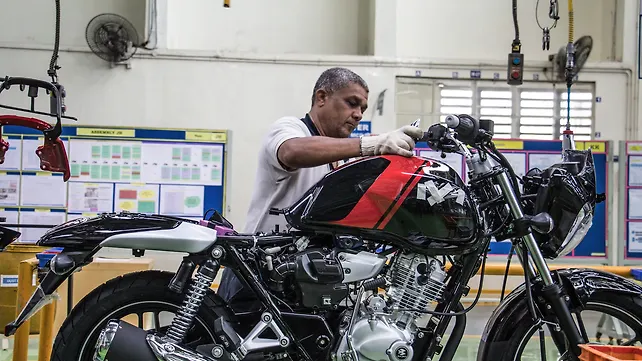
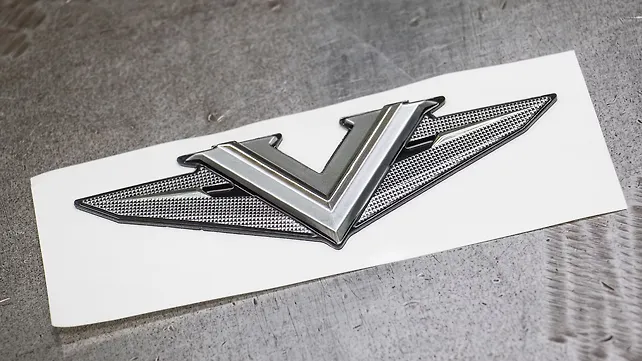
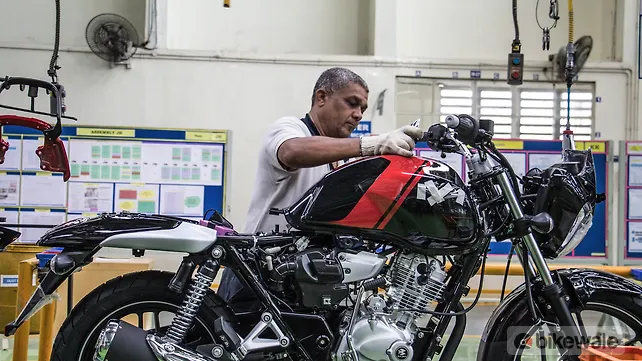
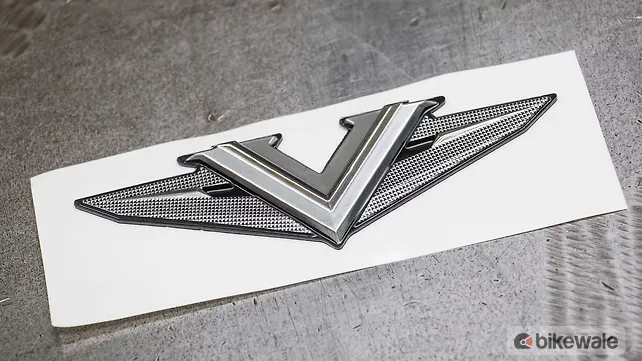

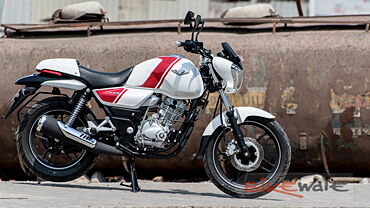
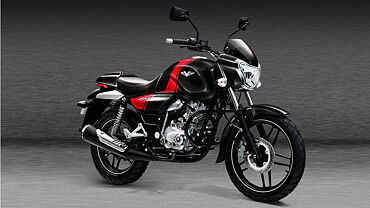
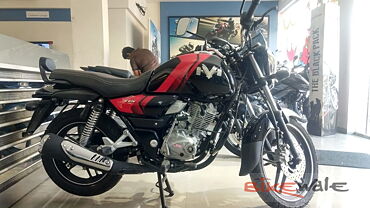
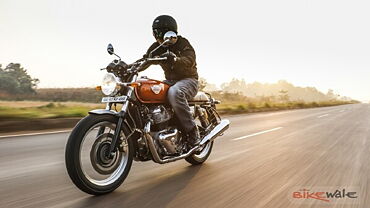
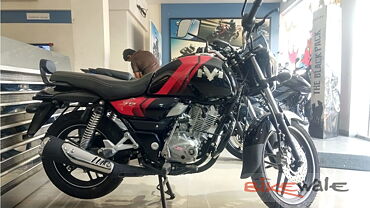

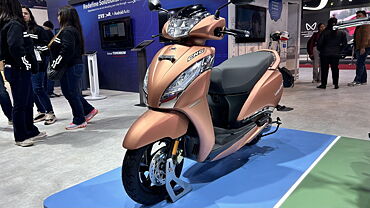
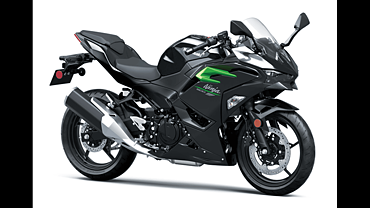
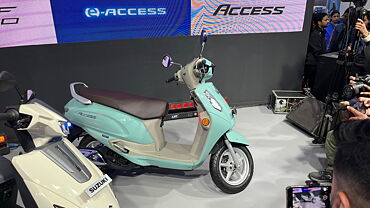
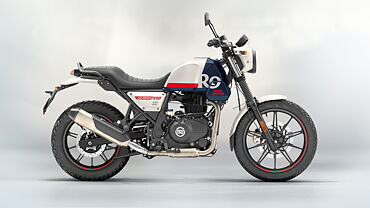

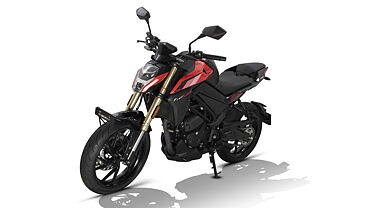
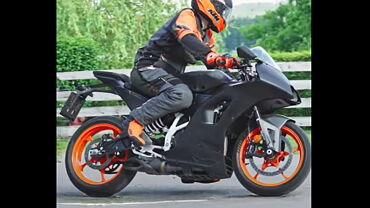
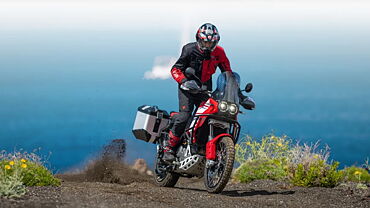
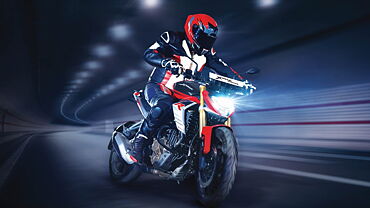
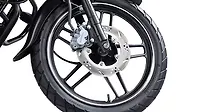
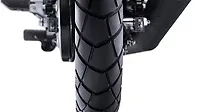
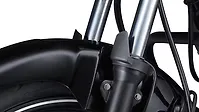
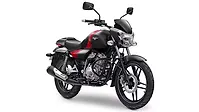
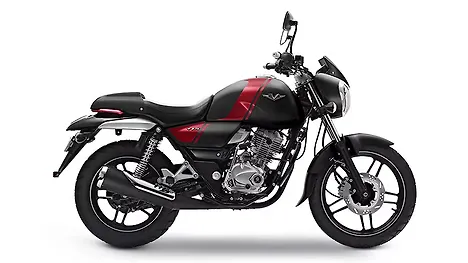
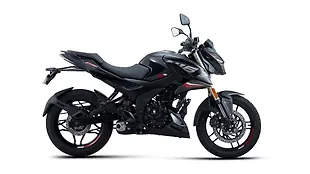
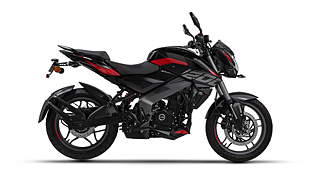
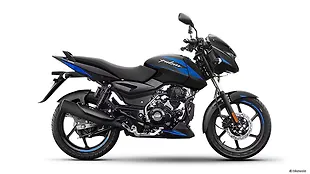


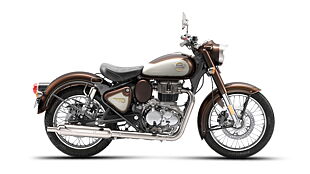
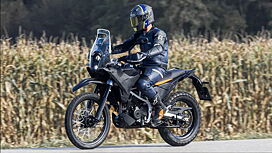

![KTM 390 Adventure X [2025] KTM 390 Adventure X [2025]](https://imgd.aeplcdn.com/272x153/n/cw/ec/190885/390-adventure-x-2025-right-side-view.jpeg?isig=0&q=80)